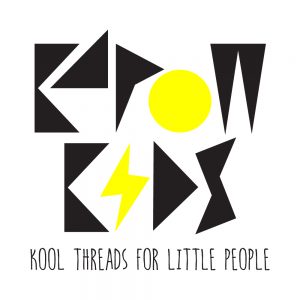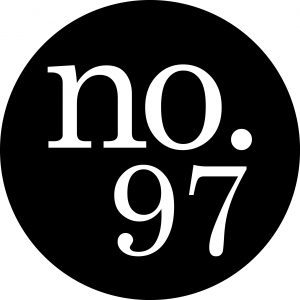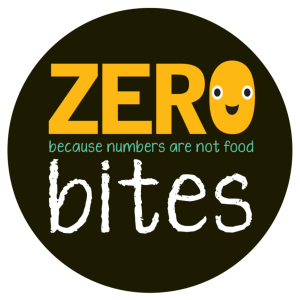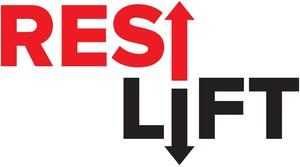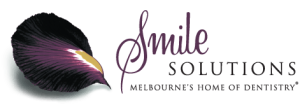












Intellectual Property Lawyers | Internet Lawyers | Commercial Lawyers | Trade Mark Attorneys
Intellectual Property Lawyers | Internet Lawyers | Commercial Lawyers | Trade Mark Attorneys
Intellectual Property Lawyers | Internet Lawyers | Commercial Lawyers | Trade Mark Attorneys

Intellectual Property Lawyers | Internet Lawyers | Commercial Lawyers | Trade Mark Attorneys
Intellectual Property Lawyers | Internet Lawyers | Commercial Lawyers | Trade Mark Attorneys
Intellectual Property Lawyers | Internet Lawyers | Commercial Lawyers | Trade Mark Attorneys

Are you starting a business? Do you wish to identify your goods or services with some kind of brand or logo? Then you might want to register a trade mark.
Are you starting a business? Do you wish to identify your goods or services with some kind of brand or logo? Then you might want to register a trade mark.
Are you starting a business? Do you have brand or logo? Then you might want to register a trade mark.

If something is worth copying, it is worth protecting and we can help!



Design is not merely an expression of your creativity. Speak to us about registering your designs today.
Design is not merely an expression of your creativity. Speak to us about registering your designs today.
Design is not merely an expression of your creativity. Speak to us about registering your designs today.

We understand the importance of protecting your IP rights and are experienced at developing timely and cost effective strategies to suit your circumstances.
Let us assist you in preparing and issuing Letters of Demand.

We can offer your business tailored advice and invaluable insight into good businesses practices and legal risk management.
We can offer your business tailored advice and invaluable insight into good businesses practices and legal risk management.
We can offer your business tailored advice and invaluable insight into good business practices and legal risk management.

Internet law or “cyber law”, is a relevant concern for almost any business. We can offer expertise for you or your business.
Internet law or “cyber law”, is a relevant concern for almost any business. We can offer expertise for you or your business.
Internet law or “cyber law”, is a relevant concern for almost any business. We can offer expertise for you or your business.

We can help you draft privacy policies, comply with privacy obligations and assist in privacy dispute management.

Speak to us about advice on reputational risk and damage so that we can protect you from defamation.

We offer contracts exclusively tailored to suit your individual business needs. Contact within.














